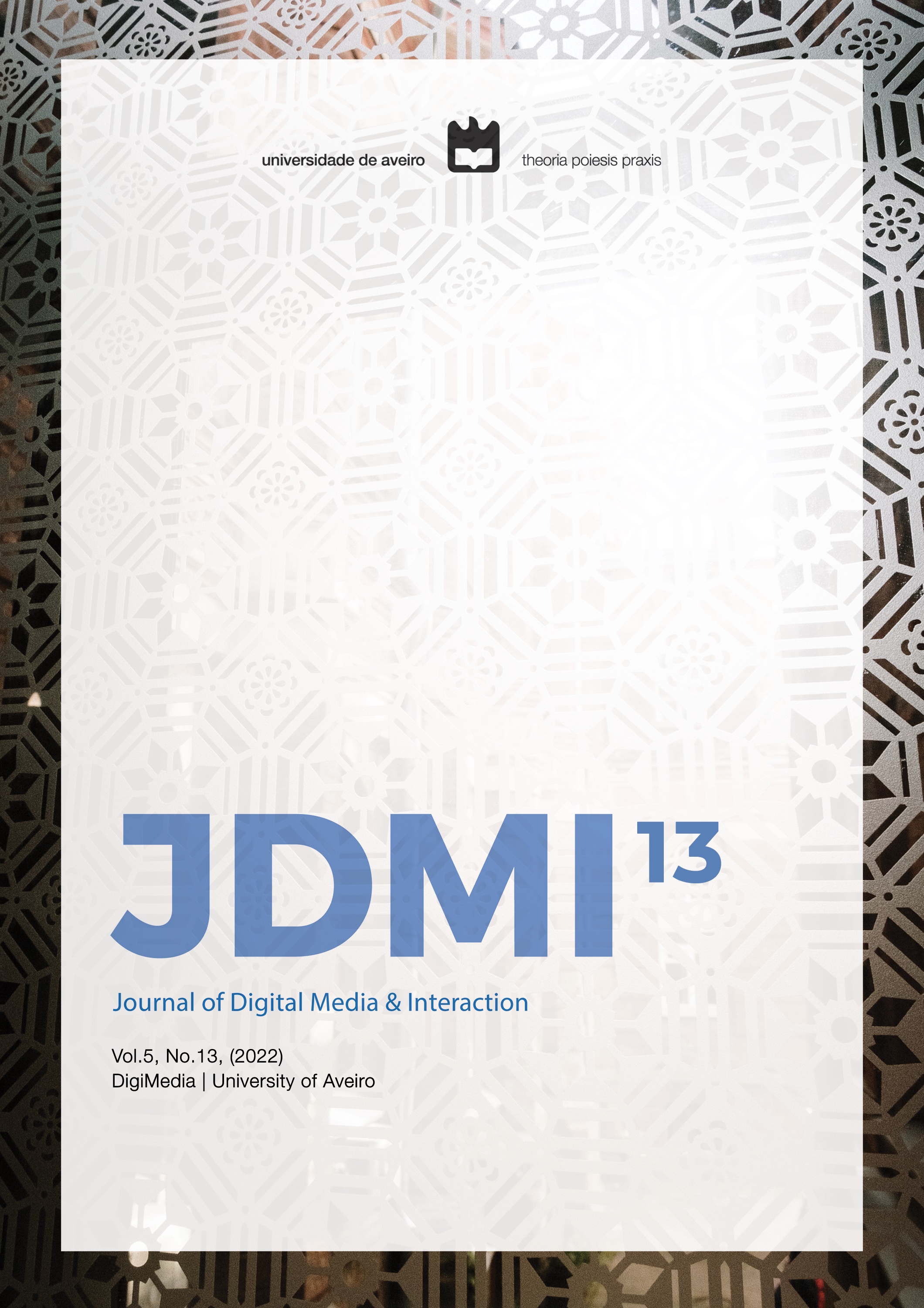Digital Storytelling approaches in Virtual Museums: Umbrella review of systematic reviews
Abstract
Museums share with libraries and archives the mission of safeguarding objects of historical value, but unlike these institutions, they have undergone several modifications over time to take the focus off the object and give more importance to information and the visitor. Currently they encompass different types of experiences, either through digital and interactive elements, or through new approaches, such as storytelling, which has acted as a protagonist of these transformations. In this sense, the museum in the digital modality, known as virtual museum, plays an important role in this sharing of information and experiences. However, by having different modalities of navigation and interaction, especially in formats that simulate the physical visit, such as virtual tour, they present some problems that have been identified in the literature. With this analysis, we try to understand the role of narratives and the way museums use them in the virtual space to understand the gaps in the use of storytelling in this context.
Downloads
Copyright (c) 2022 Demetrius Lacet, Maria Van Zeller, Paulo Martins, Leonel Morgado

This work is licensed under a Creative Commons Attribution-NonCommercial-NoDerivatives 4.0 International License.
Authors who publish in the JDMI agree to the following terms:
-
Authors retain copyright and grant the journal the right of first publication with the work simultaneously licensed under a Creative Commons BY-NC-ND 4.0. This licensing allows others to share the work with no changes and acknowledgement of the work's authorship and initial publication in this journal, but not for commercial use.
-
Authors are able to enter into separate, additional contractual arrangements for the non-exclusive distribution of the journal's published version of the work (e.g., post it to an institutional repository or publish it in a book), with an acknowledgement of its initial publication in this journal.
-
Authors are permitted and encouraged to post their work online (e.g., in institutional repositories or on their website) after publication, as it can lead to productive exchanges, as well as earlier and greater citation of published work.
Copyrights to illustrations published in the journal remain with their current copyright holders.
It is the author's responsibility to obtain permission to quote from copyright sources.
Any fees required to obtain illustrations or to secure copyright permissions are the responsibility of authors.
Additional Information
All correspondence concerning contributions, books and other review material should be sent to: deca-jdmi@ua.pt


